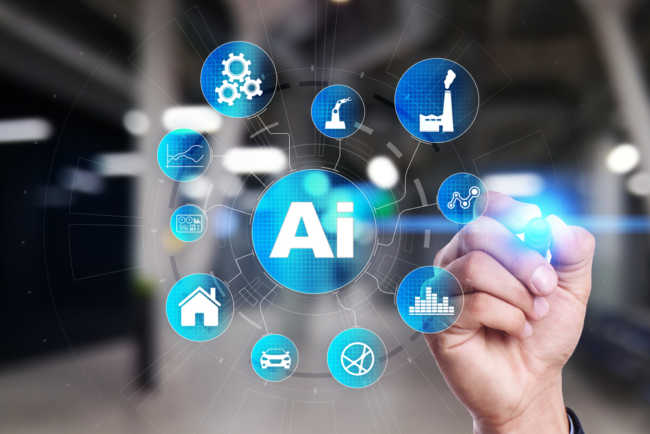A recent report reveals a significant inclination among managers in the United States toward integrating AI technology into their workforce strategies. Conducted by Beautiful.ai and encompassing insights from 3,000 managers, the survey underscores a notable shift, with 41% of managers expressing a desire to replace employees with AI solutions in 2024, drawn by the promise of cost-effectiveness and the technology’s demonstrated ability to deliver high-quality output.
Moreover, 40% of respondents believe that AI tools could efficiently replace multiple employees while maintaining operational excellence. This sentiment is echoed by 48% of managers who anticipate financial benefits for their businesses through the widespread adoption of AI-driven automation.
However, the allure of AI extends beyond mere cost-cutting measures. A substantial portion of managers (45%) perceive AI as an opportunity to rationalise employee salaries due to diminished reliance on human labour. These findings mirror the concerns among employees regarding potential job displacement owing to emerging technologies like artificial intelligence.
The apprehension regarding AI’s impact on job security is palpable among both managers and employees alike. According to the report, 66% of managers acknowledge their employees’ fears of diminishing value in the workplace due to AI tools, while 62% are cognisant of concerns regarding job security.
40% of respondents believe that AI tools could efficiently replace multiple employees while maintaining operational excellence
Yet, it’s not just employees who harbour apprehensions; 50% of managers express trepidation over AI’s potential to drive down pay scales for managerial positions. Additionally, 48% foresee AI as a catalyst for broader wage declines across various sectors by 2024.
Previous studies have suggested a nuanced relationship between AI adoption and wage dynamics, indicating neutral to slightly negative impacts on wage growth, particularly in occupations more exposed to AI integration.
Despite these concerns, the overwhelming majority (90%) of managers have introduced AI tools into their workflows, with many lauding its impact on productivity. Notably, 64% utilise AI technology on a daily or weekly basis.
The report highlights a prevailing trend wherein managers leverage AI to enhance productivity and operational efficiency. Sixty-six percent of respondents cite this as their primary motivation for integrating AI tools, with 64% asserting that AI-generated output matches or surpasses that of experienced human managers.
In essence, while AI presents transformative opportunities to streamline workflows and bolster productivity across various domains, it also underscores the imperative for careful consideration of its broader socioeconomic implications. As organisations navigate this technological frontier, the report suggests that the potential applications of AI in enhancing managerial functions are diverse and customisable, offering a glimpse into the evolving landscape of workforce management in the digital age.





